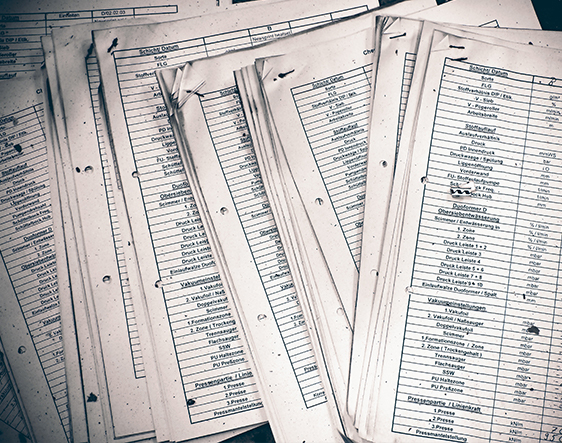Tax Preparation Specialist Queries Reports that HMRC Have Cancelled 270,000 Late Filing Penalties. Contributor David Redfern, Founder – DSR Tax Claims.
One of the UK’s leading tax experts today questioned whether HMRC’s IT systems were fit for purpose in light of a flurry of recent news stories suggesting that HMRC is losing its grip on the nation’s taxes. David Redfern, founder of DSR Tax Claims, spoke out after HMRC suffered yet another blow with news that they had cancelled 270,000 late filing penalties in 2016.
Added to disparaging media coverage about the CEST tool used to check contractor employment status, the withdrawal of 6,000 wrongly issued accelerated penalty notices and news that HMRC were forced to pull their pension calculator due to the incorrect results it was producing.
This latest blow to HMRC concerns a Freedom of Information (FOI) request showing that 270,000 late filing penalties were cancelled, with HMRC claiming that these were cancelled due to the taxpayer having a “reasonable excuse” for the late filing. However, there are suggestions that a number of these penalties had been issued in error to taxpayers who had actually submitted their Self Assessment tax return prior to the deadline.
As a result of the FOI request, it was discovered that HMRC do not track how many penalties are issued in error and subsequently cancelled. Commenting on the spate of bad news for HMRC, tax preparation specialist Redfern stated “it is astounding that HMRC don’t track errors made by their own systems. Without being able to determine the error rate of their own IT systems, it seems a near impossible task to be able to evaluate how well those systems are able to manage the Self Assessment tax returns of over 10 million taxpayers”.
Commenting on the run of bad publicity, HMRC’s IT systems have suffered in recent months, Redfern added “as we have seen with the ongoing TSB debacle, strong IT infrastructure is essential to the economic security of the UK and it would appear that HMRC are going to have to take a good, long look at their own systems because when people can’t trust the information they receive about their pensions or their employment status, nor can they be sure that when they have filed their tax return in good time they still won’t face a penalty, it is a sign that their systems are performing below par”.









